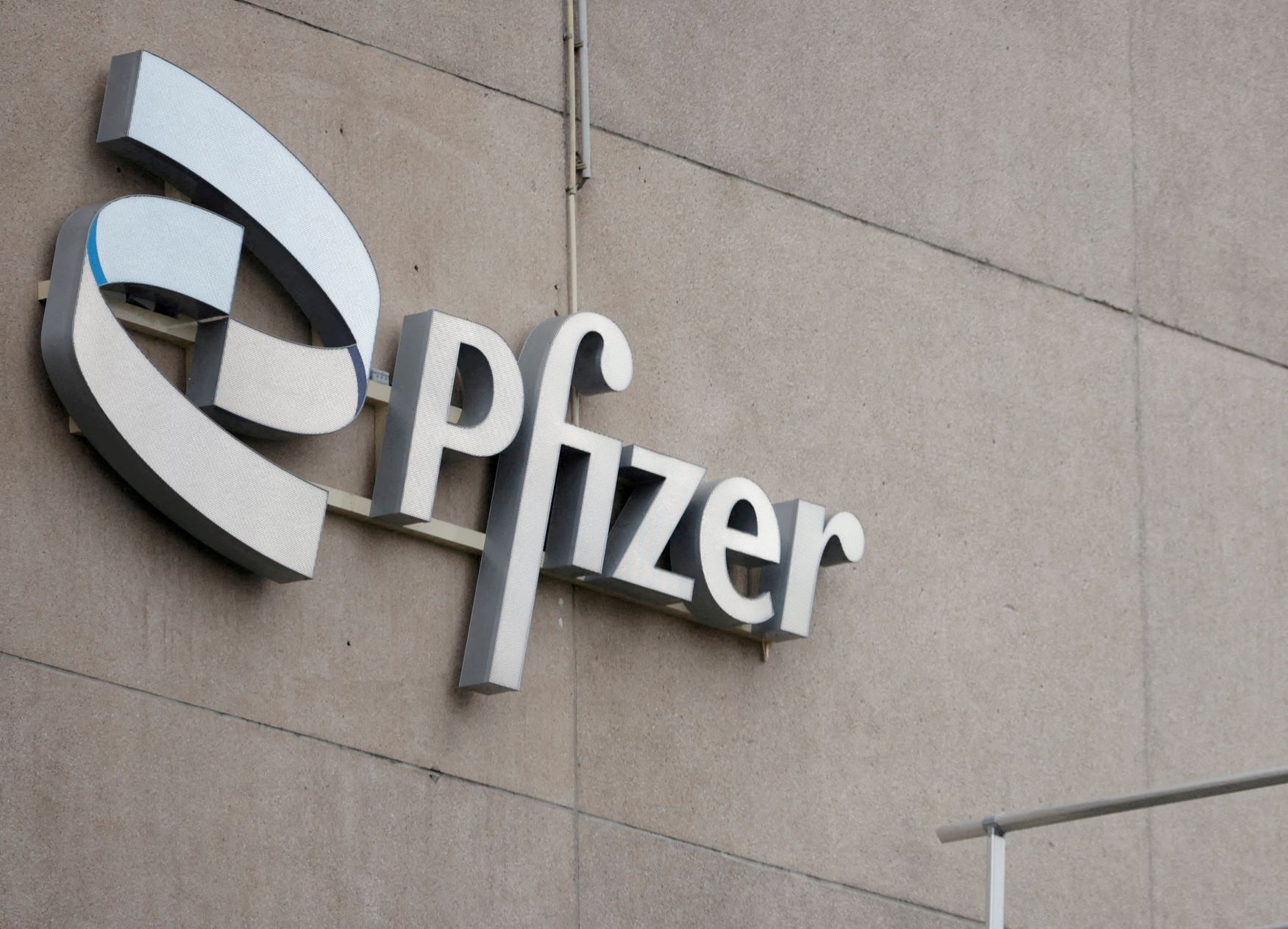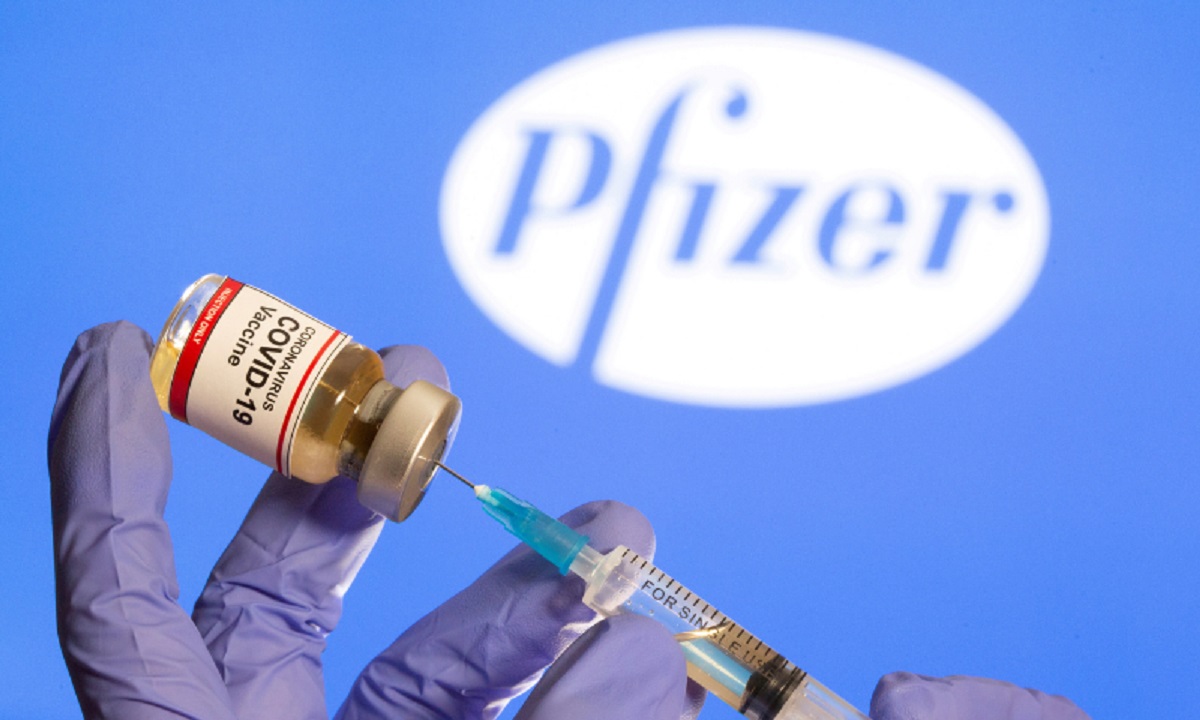Pfizer announced on Friday a significant revision to its full-year earnings and revenue forecasts, accompanied by the launch of a $3.5 billion cost-cutting initiative, all attributed to declining demand for its Covid-related products.
The company now anticipates 2023 sales in the range of $58 billion to $61 billion, down from the previously projected $67 billion to $70 billion, solely due to weaker performance in its Covid portfolio.
Similarly, Pfizer adjusted its full-year adjusted earnings outlook to $1.45 to $1.65 per share, down from the earlier guidance of $3.25 to $3.45 per share.
Initially, Pfizer’s stock saw a decline in after-hours trading on Friday following the announcement.
However, following an investor call discussing the revised guidance and cost-cutting plan on Monday, Pfizer’s shares rebounded by approximately 4%.
During Monday’s call, Pfizer CEO Albert Bourla acknowledged the prevailing “Covid fatigue” and resistance against vaccinations.
He noted, though, that those continuing to seek vaccines and treatments are committed to protecting themselves for the foreseeable future.
Pfizer specified that it expects revenue from its Covid treatment Paxlovid to be $7 billion lower than previously forecasted, partly due to the return of doses designated for emergency use by the U.S. government.

Additionally, sales projections for its vaccine Comirnaty are anticipated to be $2 billion lower, primarily because of lower-than-expected vaccination rates.
While Pfizer launched its latest Covid booster in the U.S. last month, challenges with supply and insurance coverage have hindered its rollout.
Moreover, decreased demand for Covid treatments has been evident as vaccinations and natural immunity have led to milder illness among many individuals.
The company’s cost-cutting initiative, which includes layoffs, aims to generate $1 billion in savings this year and at least $2.5 billion in 2024.
Pfizer foresees approximately $3 billion in one-time expenses related to the program, encompassing severance and implementation costs.
Pfizer CFO Dave Denton emphasized during the investor call that these adjustments are necessary given the current market conditions.
He clarified that while the cost-cutting measures will affect all parts of the business across all regions, he refrained from elaborating on specific areas targeted for reduction.
Despite these measures, Denton affirmed that Pfizer’s plan to acquire cancer diagnostics firm Seagen remains on track, with expectations for the transaction to conclude later this year or early in 2024, pending regulatory approvals and customary closing conditions.
